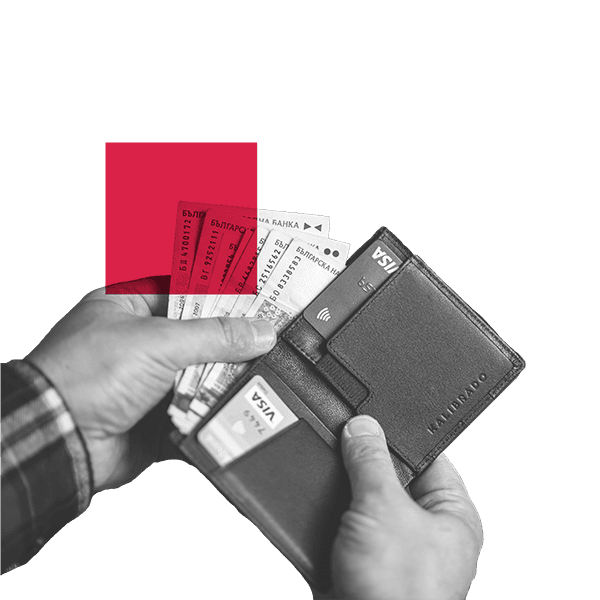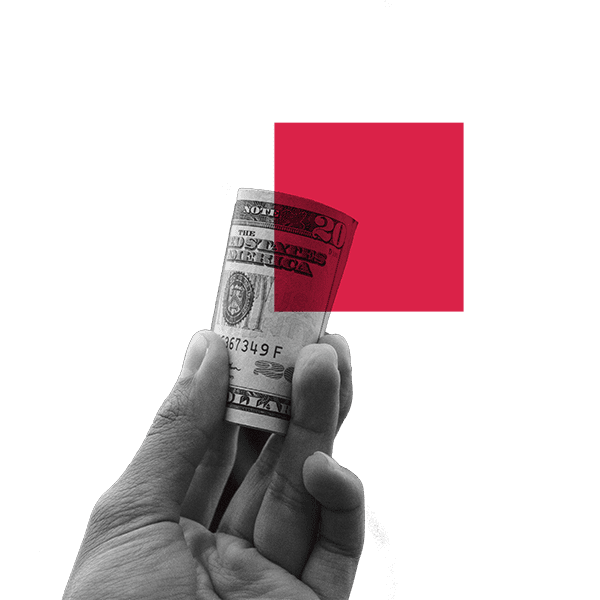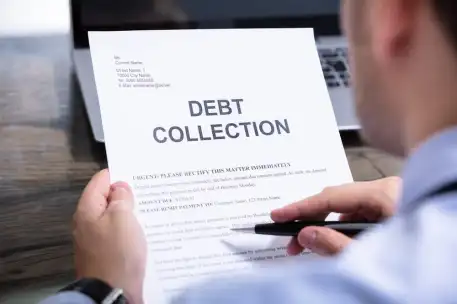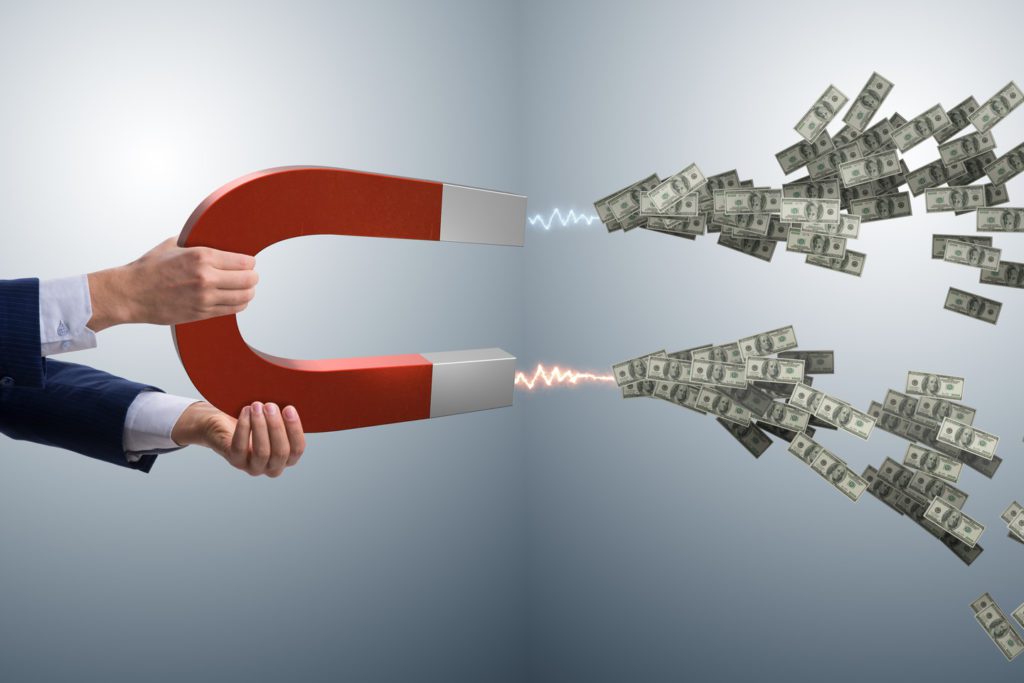Invoices are the bedrock of pretty much every business. Without them, you have no cash flow. And with zero cash in the bank, your reputation with clients and vendors quickly withers on the vine.
That means knowing how to react when an invoice goes unpaid isn’t just a good idea — it’s vital to the welfare of your business.
Look, most businesses will deal with at least one delinquent client during their lifespan. So don’t freak out. At Monetaria, we help businesses deal with nonpayment issues every day. In many cases, fixing the problem can be as easy as picking up the phone.
To help you deal with MIA invoices, read our quick step-by-step guide below.
- Assume Your Clients Are Humans
Okay, this might sound ridiculous, but hear us out. In our experience, 99% of people want to do the right thing. So it’s totally possible that this is a simple miscommunication, and you’ll both have a good laugh about it later.
So before you pick up the phone, ask yourself these three basic questions.
- Did I remember to send the invoice?
- Did I send it to the right address?
- Was my due date clearly legible?
If these questions don’t resolve the issue, give your client a call.
Sometimes the client has simply forgotten about payment — they were out of town or dealing with a personal issue — and they’re willing to send it over right away.
Once you’ve told them about the outstanding bill, set up a payment date. Make sure not to get off the call until they’ve agreed to that date — don’t settle for “it’s in the mail” or “as soon as possible.”
- Leverage Some Incentives and Penalties
If the new payment date arrives and you’re left empty-handed, it’s time to try a new approach. You can send emails or texts to remind your client; after all, following up and persistence is crucial to collecting your money, but sometimes you need to know when it’s time to escalate.
We recommend offering incentives for early payment and penalties for late payment. For example, you could offer two percent off their bill if they pay a week before the due date. This encourages them to send you the money long before you have to start worrying about it.
While most clients respond well to incentives, some might need a gentle nudge to send out the check. Penalties not only motivate clients to pay, but the accrued interest can also ease your cash flow issues if you end up getting the money a few days or weeks late.
- Get Stern... But Not Too Stern
So you’ve called and set up some incentives and still, there’s nothing in the inbox. A written letter that lets your client know they’ve fallen behind can make a big difference.
This isn’t about constant emails or texts, but rather a thoughtfully worded response to how their inaction affects you. After all, behind every business, there are people with lives and responsibilities. By ignoring your invoice, that client has decided to ignore you, too.
A written letter also adds to the documentation or proof that you’ve tried everything you can to get your outstanding debt paid. If further action ends up being needed, you’ve clearly done everything you can to help them pay.
- Contact Your Debt Specialists
Months have passed, and you’re no closer to getting what you’re owed. Now would be the time to call in commercial debt recovery experts.
It may seem like you’re being tough, but truthfully, it’s more about being persistent. You haven’t done anything wrong, so why should you let this debt fall between the cracks?
At Monetaria, we have more than ten years of experience negotiating with debtors and getting past their excuses and empty promises.
From background investigations to payment plans, we’ll do whatever it takes to get you paid. That way, you can stop worrying and get back to focusing on your business.
- Keep Your Business Relationships Professional
No matter how frustrating nonpayment can be, you must keep your head up and stay cool. Never insult or threaten a client that refuses to pay. Your business can survive a few delinquencies, but what it cannot survive is a tarnished public image.
You can preface any follow-up calls by asking if they’re satisfied with your services. That way, if they haven’t paid because of a gripe with one of your employees or some miscommunication, they can let you know before it escalates.
By keeping your interactions with clients private, you’ll be in better shape to impress future professional contacts and growing your business.
Don’t Let Unpaid Invoices Stop You
We know how frustrating unpaid invoices can be. They add stress and uncertainty to your business and your relationships. But no matter what, just remember that you deserve to get paid.
Hopefully, our simple five steps to debt recovery can help you reclaim a steady cash flow. If you need more help with your commercial collections, contact us anytime. Monetaria is on your side and ready to get your money recovered.










